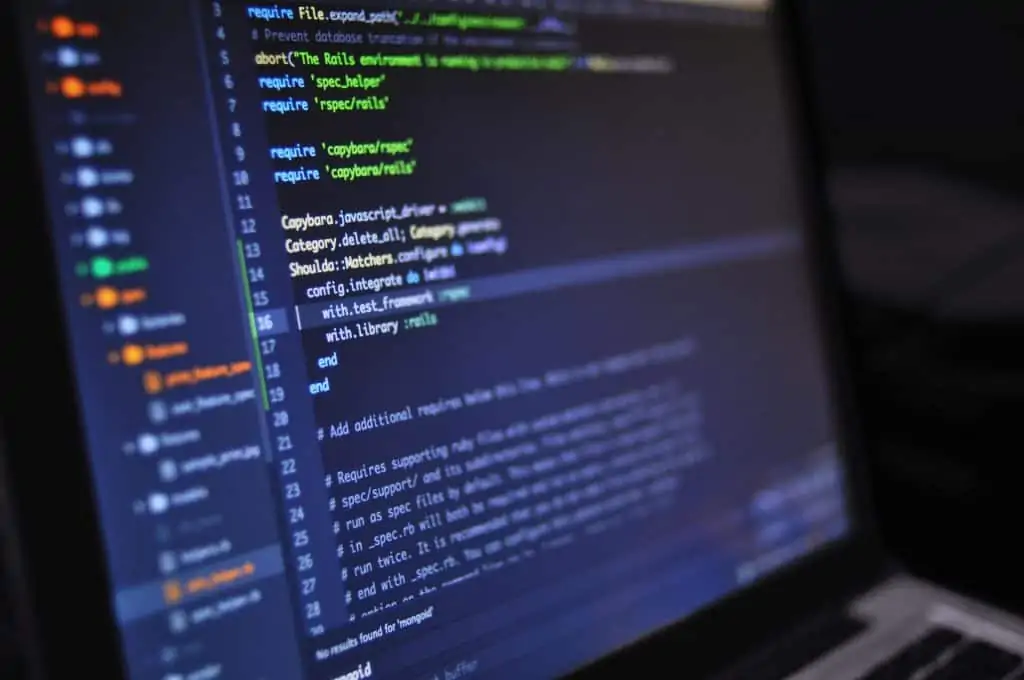Every year millions of people fall victim to data breaches and identity theft and, chances are, you are one of them.
Earlier this year, the private and personal information of more than 1.5 billion Facebook users was listed for sale on a hacker forum. While there have been some questions about the veracity of this data, it comes hot on the heels of a major breach in April this year.
The April data leak saw a user in a low-level hacking forum publish online the personal information of more than 533 Facebook users from 106 countries.
The freely available data included phone numbers, full names, locations, email addresses, and biographical information.
For the victims of a data breach, the impacts can be devastating. Scammers can use this information to contact you and your friends and family to siphon more data. They may open false accounts in your name and use those accounts to commit fraud, steal money, or even try to manipulate elections in foreign countries.
Unfortunately, data breaches happen. You can be caught up in one if you let your guard down and depend on online platforms to manage your security.
Staying safe online
The most important thing to keep in mind with social media is to be cautious about how much personal information you provide on social networking sites. You should aim to share as few identifying details about yourself as possible and try to limit the number of social media networks you use so your data isn’t spread out all over the internet.
The more you post, even in response to apparently harmless memes or quizzes, the easier it becomes for someone to use that information to steal your identity, access your data, or commit other crimes such as stalking.
Every time you post information on social media, it has the potential to become public – so always act as if nothing on the internet is private.
Proper online safety can be an onerous task, but there are a few things you can do that will help you stay safe on social media.
· See if your account has been compromised. You can check the website Have I Been Pwned to see if your email address or phone number is linked to a data breach. If the answer is yes, don’t worry too much – you are in good company! This means you need to take extra care for any suspicious activity and take the following steps to secure your accounts.
· Use a unique password for each account. If your account has been compromised and you have used the same password for other websites, you need to update all your passwords.
· Use two-factor authentication. This will make it harder for other people to log into your account as it is a second layer of protection. It is best to use an authenticator app, rather than SMS for two-factor authentication.
· Be careful about accepting friend requests – particularly from people you are already connected to online.
· Check what information is available publicly on your accounts. Do you really need to share your birthdate?
· Regularly change the security questions you use to access accounts – and never share the answers on social media.
If you would like more information about keeping safe online, contact the Envisage Technology team on 07 3193 9976.






